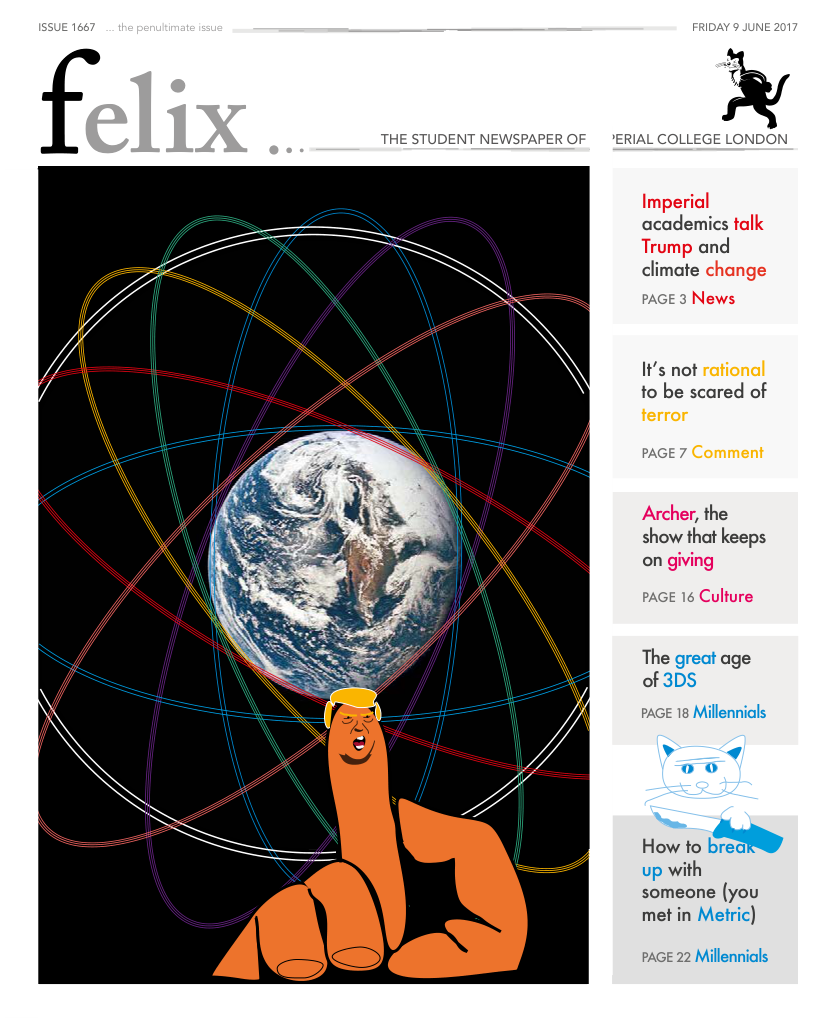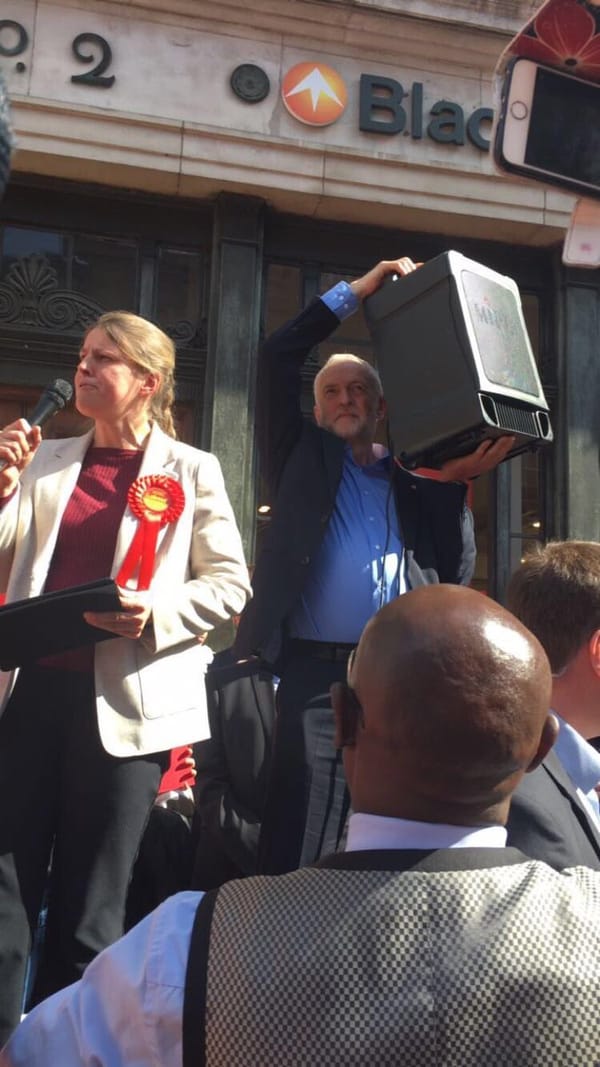Trump can't ruin the environment by himself (even if he is trying)
Sara Hamilton thinks the withdrawal of the US from the Paris Agreement is not ideal, but the rest of the world can still try to make a difference

There’s a lot one can say against Donald Trump, but thus far he has stuck to his word (or tried to a least). After doing his best to rid the US of ‘bad hombres’, last Thursday he proceeded to attack another of his enemies – the environment – by announcing the withdrawal of the US from the Paris agreement. The withdrawal process is expected to take four years, but has already invoked a large outcry from scientists everywhere. Read below for a full analysis for some of the questions and answers of what the deal is, why Trump pulled out and the repercussions this has.
What is the Paris Climate Deal ?
The Paris Agreement is an agreement within the United Nations Framework Convention on Climate Change, signed in 2015 by 195 countries, which sets a global goal of keeping average global temperatures from rising 2°C, compared to pre-industrial levels, by the end of the century. Its aim is for countries to reduce their greenhouse gas emissions as soon as possible. Trump referred to the deal as ‘draconian’, which hardly seems fair for an agreement that is, by definition, non-binding and in which each country plans its own contribution to the combined attempt to mitigate global warming.
Why is Trump pulling out?
Trump claims to have pulled out of Paris “In order to fulfil [his] solemn duty to protect America and its citizens”. He has repeatedly dismissed climate change as a hoax, concocted by scientists and the Chinese (the blame has shifted between the two at different points in time) to undercut US manufacturing and his much-loved oil and gas industries. He did, at the same time, try to reassure us in his speech that he “still cares deeply about climate change”. There’s some Trump logic for you. As a result the US, the world’s second-largest emitter of greenhouse gases, stands alongside only two other countries worldwide in not supporting the deal – Syria, immersed in a civil war, and Nicaragua, which believes the deal does not do enough for climate change.
What has the response been so far?
Trump’s decision has proven to be largely unpopular. According to the Yale program on climate change communication, 69% of all Americans were in favour of remaining in the deal. Barack Obama, under whose administration the US spent years negotiating the Paris Agreement, has criticised this move as an abdication of US leadership on the global scale. 61 US mayors have said that they will work independently to adopt the Paris accord and sent a letter to Trump saying “If the president wants to break the promises made to our allies… we’ll build and strengthen relationships around the world to protect the climate from devastating climate risks”. The Pittsburgh mayor is a personal favourite. After Trump stated that he had been “elected to represent the citizens of Pittsburgh, not Paris” the mayor replied with the statement “we stand with the world and will follow the agreement”. Furthermore, global business leaders such as Elon Musk and leaders of companies such as Google, Apple and hundreds of others including major fossil fuel producers such as Exxon Mobil have urged Trump to stay in the Paris agreement, with Musk even quitting Trump’s advisory board altogether
What will the withdrawal mean?
There is no doubt that Trump’s withdrawal will make it more difficult for the world to reach the goals that it set out to achieve in the Paris Agreement, given that the US is the second-largest emitter of greenhouse gases, and has also been a leader in financing and providing technological expertise in carbon-reducing measures. Trump has said he is willing to “begin negotiations” for the US to rejoin the Paris Agreement, or a different climate agreement, on different terms that are “fairer to the US”, but it remains unclear what these are. In the meantime, the EU and China are expected to move forward as leaders in clean energy and the fight against climate change. On a lighter note, it is likely that the energy future of the US will not be as coal-filled as one could imagine, due to the falling prices of renewable energy technologies and the rising prowess of shale gas. The Environmental Agency’s policies are, for the moment, still largely intact (sigh of relief), so it looks like US citizens will at least be able to enjoy clean air until Trump decides that that’s a hoax too.
All in all, this withdrawal seems like just another indication of the scary way in which major world powers are looking inwards, rather than outwards, home rather than abroad, and looking to make their own countries prosper rather than considering international goals. It is now time for the rest of the world to rise up to the climate challenge, with or without the US. The Earth clock is ticking and the effects of carbon emissions don’t care much for negotiation.







